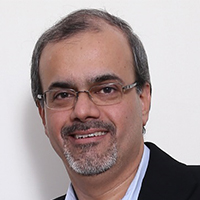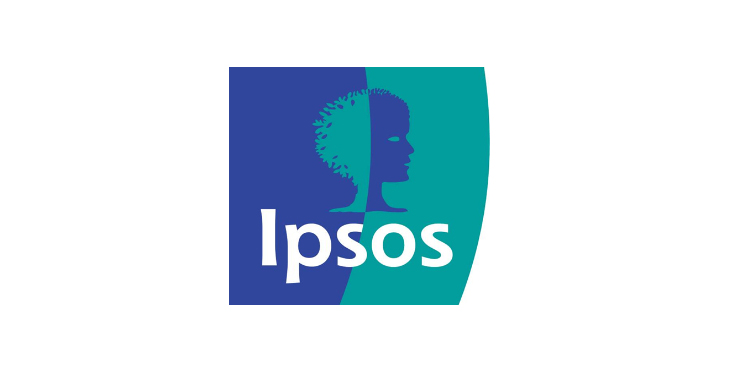New Delhi: According to the just released June 2020 wave of Ipsos What Worries the World global survey, 65% urban Indians believe India is headed in the right direction, though we see a 7% downward slide in optimism levels in June, over May 2020. And India continues to buck the global trend of pessimism, where in contrast, at least 58% global citizens believe their country is on the wrong track. And this sentiment has further heightened over May by 3%.
The markets most optimistic were the usual suspects of Saudi Arabia (90%), Malaysia (70%) and India (65%). And the markets post pessimistic were Belgium, Hungary and Chile where 77% and 75% (for both Hungary and Chile) believed their country is on the wrong track.

“What Worries the World provides direction to governments in terms of the issues predominantly weighing on the minds of citizens, to enable governments in prioritizing these issues over others, in their game plan,” said Amit Adarkar, CEO, Ipsos India.
This monthly survey is conducted in 27 markets.
Global Citizens & Indians worry about the same issues!
Interestingly, the top issues worrying global citizens and urban Indians were similar and in the same pecking order of the coronavirus (COVID 19) at the top, followed by Unemployment and Jobs and Poverty and Social Inequality.
Top three Global issues
- COVID-19 (47%)
- Unemployment & Jobs (42%)
- Poverty and Social Inequality(31%)
Top three issues in India
- COVID-19 (62%)
- Unemployment& Jobs (53%)
- Poverty and Social Inequality (28%)
The survey was conducted in 27 countries around the world via the Ipsos Online Panel system. The 27 countries included are Argentina, Australia, Belgium, Brazil, Canada, Chile, France, Great Britain, Germany, Hungary, India, Israel, Italy, Japan, Malaysia, Mexico, Netherlands, Peru, Poland, Russia, Saudi Arabia, South Africa, South Korea, Spain, Sweden, Turkey and the United States of America.
18,505 interviews were conducted between May 22nd, 2020 – June 5th, 2020 among adults aged 18-74 in the US, South Africa, Turkey, Israel and Canada and age 16-74 in all other countries. Data are weighted to match the profile of the population.
In 17 of the 27 countries surveyed internet penetration is sufficiently high to think of the samples as representative of the wider population within the age ranges covered: Argentina, Australia, Belgium, Canada, France, Germany, Hungary, Israel, Italy, Japan, Poland, Serbia, South Korea, Spain, Sweden, Great Britain and United States. The remaining 11 countries surveyed: Brazil, Chile, India, Malaysia, Mexico, Netherlands, Russia, Peru, Saudi Arabia, South Africa and Turkey have lower levels of internet penetration and so these samples should instead be considered to represent a more affluent, connected population. These are still a vital social group to understand in these countries, representing an important and emerging middle class.
Full results available from www.ipsos-mori.com.

















